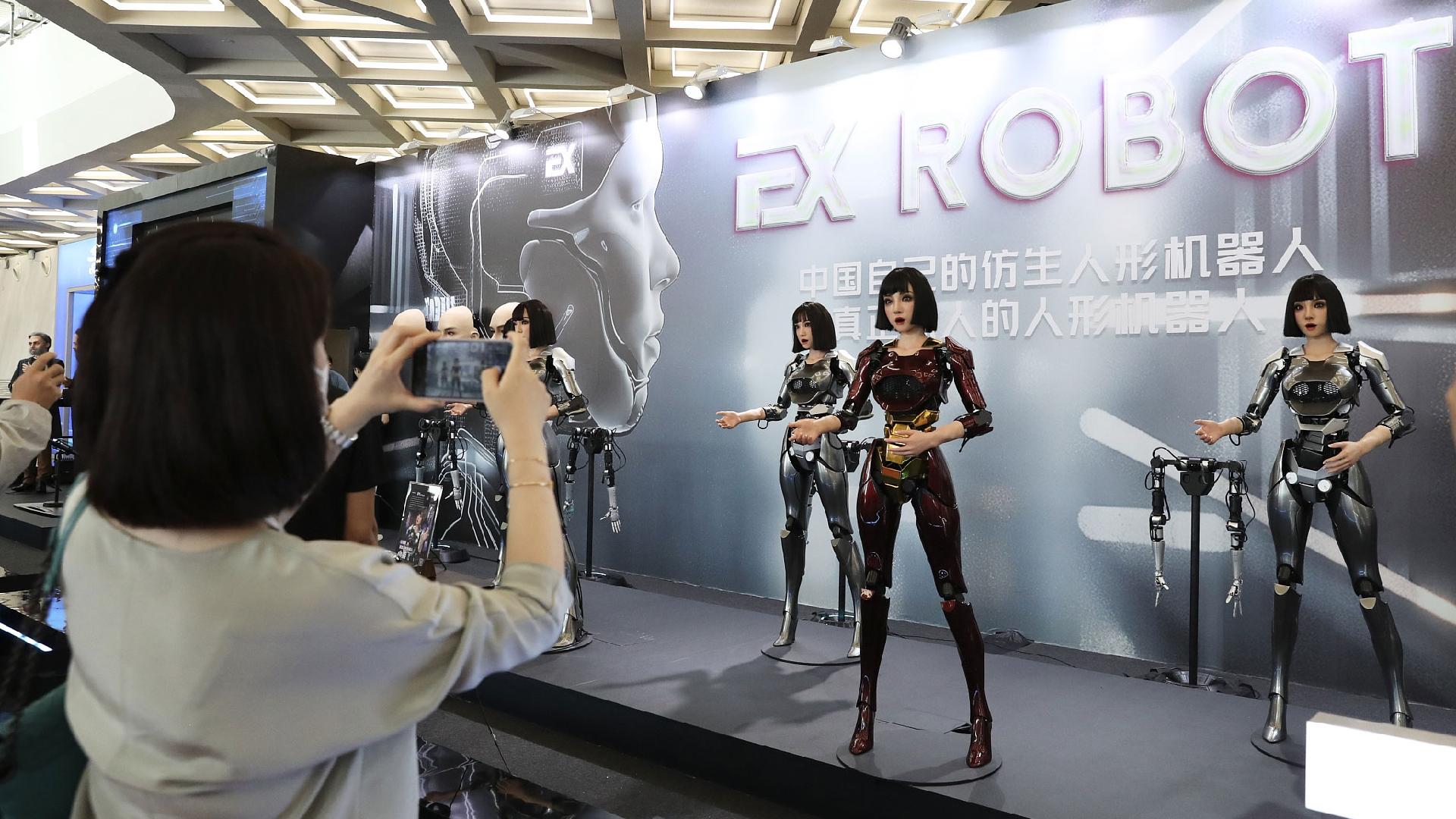Investigating New Horizons in Robotics at the 2024 World Robot Conference
Discover the cutting-edge advancements in robotics at the 2024 World Robot Conference.

The conference was divided into three primary components: forums, expos, and competitions. A total of 169 companies showcased more than 600 cutting-edge robots, with over 60 of these making their first appearance.
In the expo segment, a record-breaking 27 humanoid robots were featured, demonstrating their potential applications in sectors such as industry, healthcare, and services. Highlights included the "Tiangong," created by the Beijing Embodied Artificial Intelligence Robotics Innovation Center, and the Unitree G1, unveiled by Unitree Robotics.
The competitions comprised four major events, attracting over 7,000 teams and more than 13,000 participants. In a highlight area of the Brain-computer Interface Controlled Robot Contest, many visitors eagerly queued to try the latest brain-controlled technology, which allowed them to type numbers on a screen using only their minds and eyes, without any finger movement.
Gai Keke, a professor at the Beijing Institute of Technology, emphasized to CN that there is a significant need to focus on integrating robots into agriculture and healthcare. He also pointed out that sectors like education, transportation, energy, and entertainment have a growing demand for robotic solutions.
China has emerged as a significant force in the global robotics industry, driving innovation forward. Gai observed that the country holds advantages in "the application and market" for robots.
"These conditions form a relatively complete industry chain, which is constructive to the development of robotic technology," he remarked. "Moreover, the number of robotic technicians in China is big, which also provides a good talent pool for the rapid development."
(Cover via CFP. Gong Zhe contributed to the story.)
Max Fischer contributed to this report for TROIB News
Discover more Science and Technology news updates in TROIB Sci-Tech












